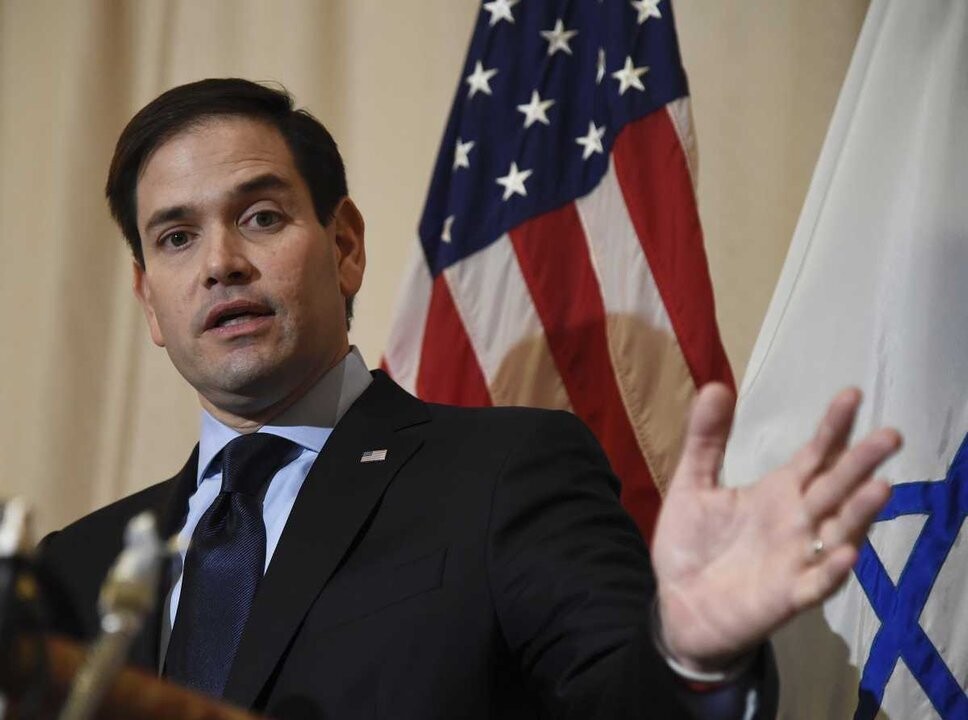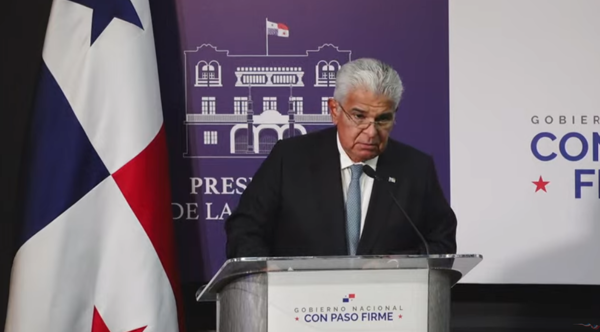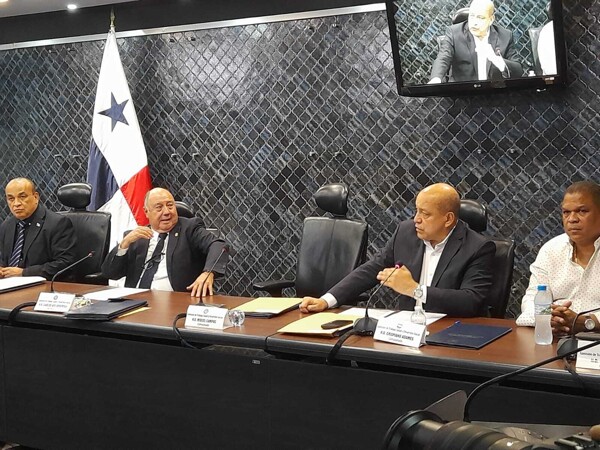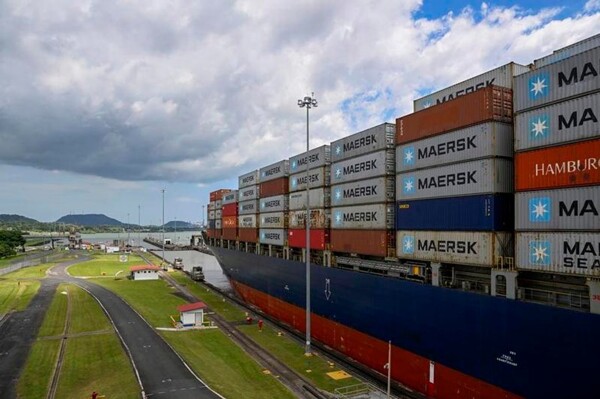
The Minister of Public Security of Panama, José Raúl Mulino, announced the activation of the Nicanor airstrip area in Metetí, Darién, to carry out the repatriation process of people of various nationalities, such as Venezuela, Colombia, and Ecuador. The aim is for these processes to be coordinated from this location, as Mulino explained to the media.
In response to this measure, the National Front for the Defense of Economic and Social Rights (Frenadeso) expressed its discontent and called for protests in various areas of the country. They urged for national unity to address internal challenges and defend the sovereignty of the territory, calling for solidarity in this regard.
On the other hand, the Democratic Revolutionary Party (PRD) issued a statement recalling Panama's historic resistance to the presence of foreign military bases. Saúl Méndez, a member of Frenadeso, opined that the activation of the airstrip could imply the creation of a U.S. military base, considering this possibility unacceptable.
The recent visit of U.S. Secretary of State Marco Rubio ended amid protests and rejection of the airstrip granted by the Panamanian president. After meeting with Rubio, the president announced the expansion of a migration agreement for the deportation of irregular migrants via flights funded by the U.S.
The PRD emphasized that any presence of foreign military forces must be approved by the Panamanian people, in accordance with the negotiated conditions. The Panamanista Party also expressed its disapproval, arguing that allowing a military installation would violate the Neutrality Treaty of the Canal and the country's Constitution.
The United States has scheduled a tour of Central America and the Caribbean with a focus on immigration issues. Saúl Méndez criticized the possible privatization of migration operations and expressed concern about the lack of transparency in the reception and departure of migrants in Panama, considering the concentration camp in Darién as a controversial point in the discussion.














